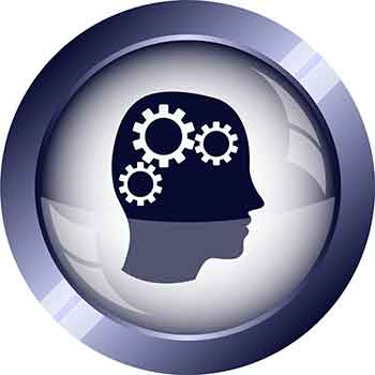Evidenced Based Relief From Tinnitus
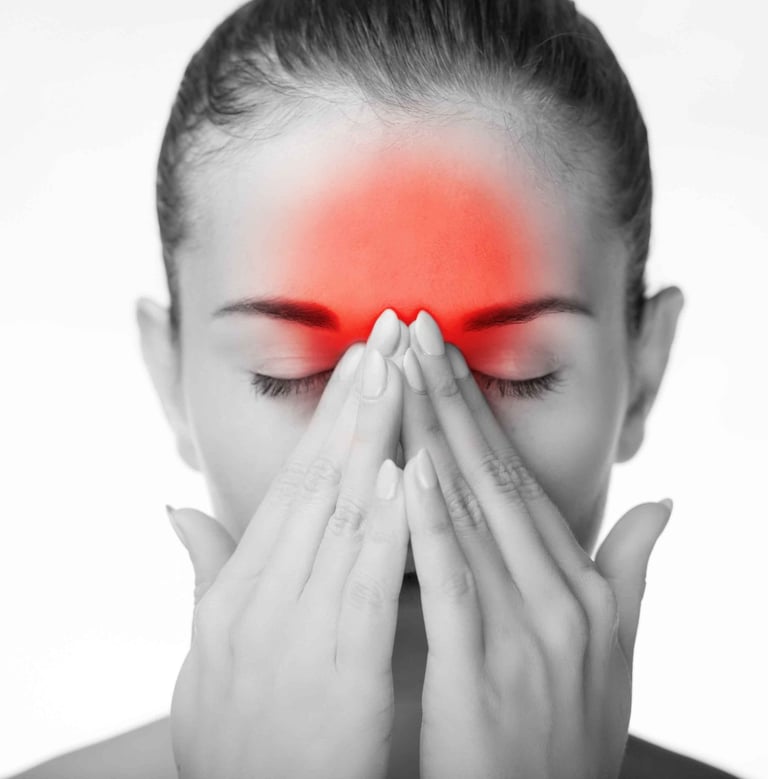

Cutting Edge Research And Treatment Applications - So You Can Get Your Life Back
Tinnitus
Does this sound like you ?


Ringing, buzzing, hissing, or whistling sound in one or both ears
Noise that’s constant or comes and goes
Louder perception of the sound in quiet environments (especially at night)
Difficulty concentrating because of the noise
Irritability, stress, or anxiety linked to the sound
Sleep disturbance or trouble falling asleep due to the sound
Getting To The Root Cause Of Your Tinnitus




Cervical Spine Assessment
Assessing the cervical spine is essential to identify cervicogenic contributors, muscle tension, joint dysfunction, and nerve irritation that amplify tinnitus pathways, guiding therapy and rehabilitation.
Symptoms Assessment
We systematically assess the frequency, severity, and duration of your tinnitus, alongside triggers and impact on daily function, during your tailored tinnitus discovery consultation.
What's In A Discovery Consultation ?
1
2




Lifestyle Assessment
Lifestyle assessment maps sleep, stress, diet, hydration, caffeine, alcohol, hormones, activity, screen-time and routines, revealing triggers and patterns to tailor interventions, support adherence, prevent relapse.
Neurological Assessment
A focused neurological assessment identifies red flags, localises dysfunction, evaluates cranial nerves, balance, reflexes, sensation and eye movements, clarifying diagnosis, excluding pathology, and tailoring treatment.
3
4




Brain Scan
Brain imaging isn’t routine; it’s reserved for red flags or atypical features to exclude secondary causes—tumour, haemorrhage, structural lesions—guide urgent referrals, and provide diagnostic reassurance.
Blood Chemistry Analysis
Blood chemistry clarifies hidden drivers—anaemia, thyroid dysfunction, glucose instability, inflammation, electrolyte imbalance, liver/kidney issues, B12 and vitamin D deficiencies—informing treatment, reducing triggers, and guiding personalisation.
5
6
Optional
How We Are Different
The mainstream approach vs the drug free approach
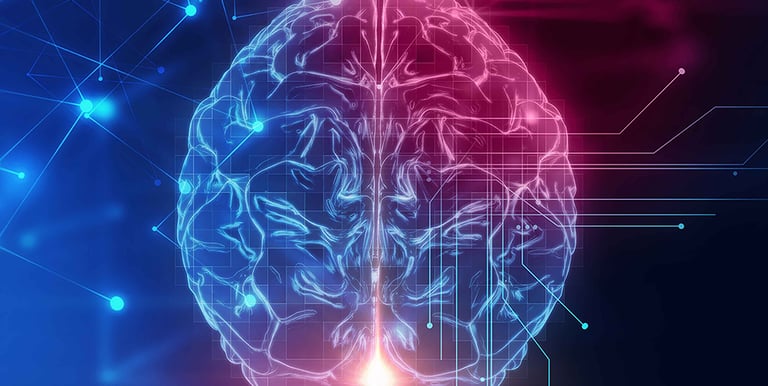



Neurogenics Approach
Mainstream Approach
temporary pain relief
medication dependant
one size fits all
symptom suppression
root cause drug free approach
personalised brain health plans
long term solutions
multiple health benefits
Targeted Treatments
Cranial Osteopathy
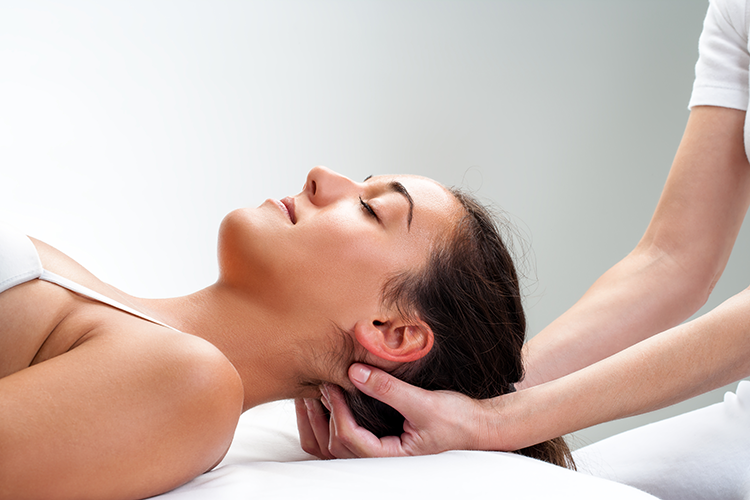

Craniosacral therapy uses gentle, precise contacts to ease strain in cranial sutures, dural membranes and upper cervical tissues that can somatosensorily modulate the auditory system. By improving cranial rhythmic motion, venous/lymphatic drainage and autonomic balance, it may reduce neck/TMJ tension, lower tinnitus reactivity, improve sleep and stress tolerance, and complement audiology and medical care.
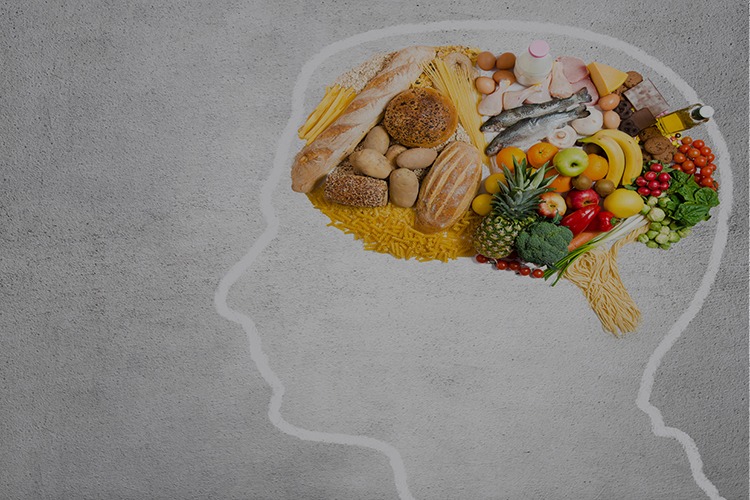



Brain Based Nutrition
Brain-based nutrition can modulate auditory excitability, calm neuroinflammation, and support vascular/mitochondrial function. Prioritise protein, omega-3s, magnesium, zinc, B12/folate, antioxidants and CoQ10; keep steady low-GI meals and hydration. Moderate caffeine, alcohol and excess salt; limit ultra-processed foods. Address iron or thyroid-related deficiencies and blood pressure. Result: reduced reactivity, improved sleep and coping.
Nutritional and Herbal Medicine
Nutritional and herbal medicine can help tinnitus by reducing neuroinflammation, optimising cochlear blood flow, and stabilising neural excitability. Emphasise omega-3s, magnesium, zinc, B12/folate, vitamin D and CoQ10; correct iron/thyroid deficits. Evidence-informed herbs—ginkgo biloba (circulatory), curcumin, ginger—may aid reactivity. Moderate caffeine, alcohol and salt. Check herb–drug interactions (esp. anticoagulants) and coordinate with your clinician.
Brain Based Rehab


Brain-based rehabilitation targets maladaptive auditory–somatosensory plasticity that sustains tinnitus. Programmes combine sound therapy, attention retraining, graded exposure to silence, vestibular/oculomotor and cervical proprioceptive drills, plus breathing and HRV biofeedback to calm autonomic arousal. Cognitive strategies reduce threat appraisal and catastrophising. Results: lower loudness/reactivity, improved sleep and concentration, and better coping when paired with audiology and medical care.




Sleep Management
Consistent, high-quality sleep reduces central gain and limbic arousal that amplify tinnitus. Regular bed/wake times, light-dark cues, and limiting late caffeine/screens improve melatonin, REM/slow-wave balance and glymphatic clearance. Treat insomnia or sleep apnoea, anchor naps (<30 min). Better sleep lowers reactivity, improves mood and attention, and strengthens habituation therapies.
Stress Management
Stress management lowers sympathetic drive and limbic threat tagging that amplify tinnitus. Mindfulness, paced breathing, HRV biofeedback and progressive muscle relaxation rebalance the HPA axis and autonomic tone. Cognitive reframing and exposure-based attention training reduce catastrophising and vigilance. Result: reduced reactivity and loudness, better sleep and concentration, and improved response to audiology therapies.
Ready To Find Lasting Relief ?
Book your discovery consultation today and take the first step toward a headache-free life.
£85 | 60 mins
You Deserve Better
Subscribe to our Brain Wellness newsletter
And learn how to protect and optimise the wellness and longevity of your brain
